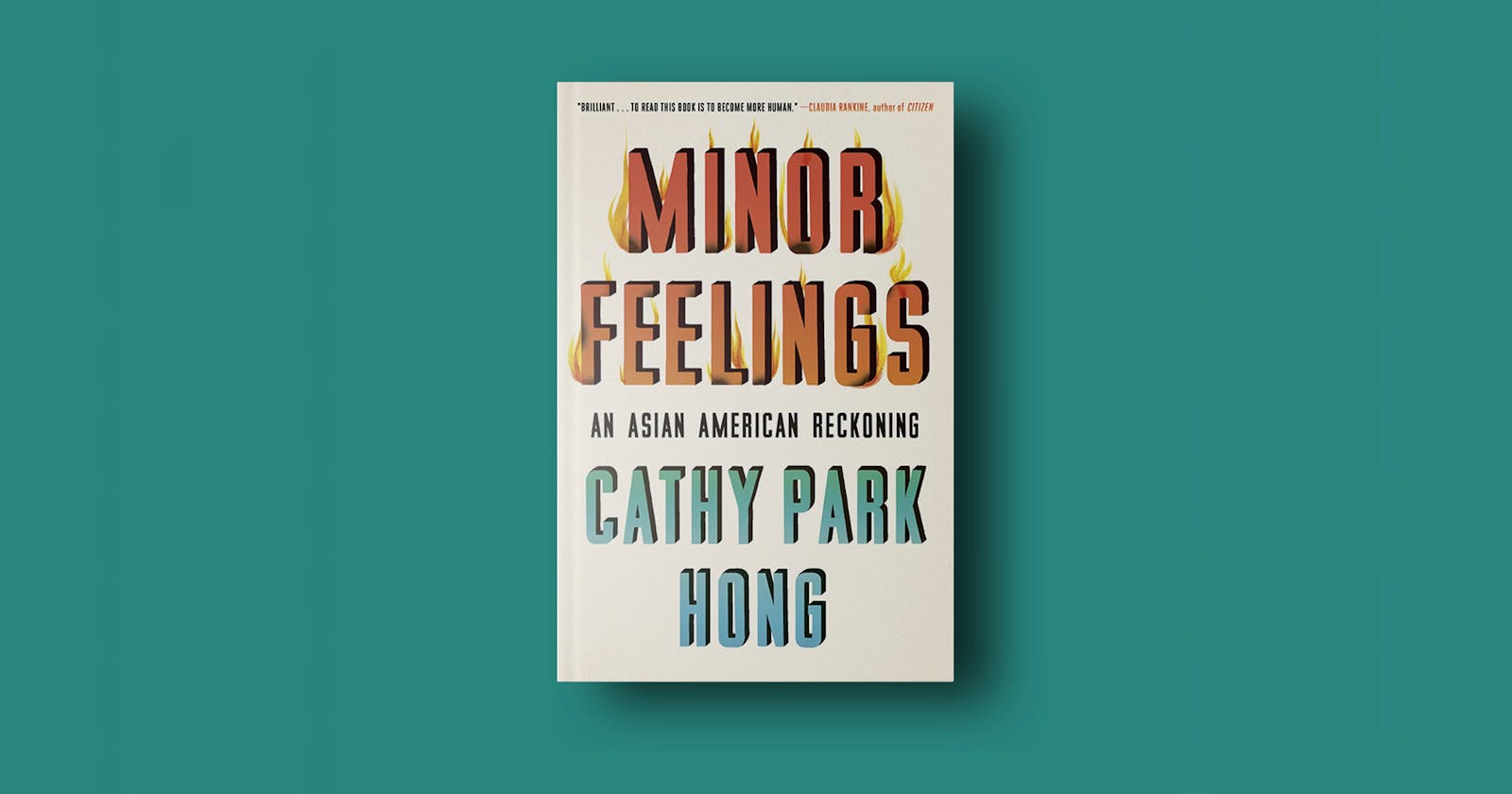Essential reading for Asians, but more importantly, essential reading for non-Asians.
Hong's prose is powerful. She oscillates between a procedural, detached tone and then a poetic tone that will catch you off-guard with a perfect, complex metaphor. These conflicting tones work well together, usually by introducing cold, hard facts and then the deeply personal consequences of those facts.
The first essay "United" played with my emotions. Hong admits to being a self-hating Asian, her identity warped by fixating on how white people view her Asian-ness. I'm both sympathetic and weary of self-hating Asian Americans; I feel like they are over-represented in the arts precisely because they are the type who can tolerate or even enjoy being the only Asian in a predominantly white room. For them to represent all Asians is clearly not ideal, since then non-Asian people only see Asians who struggle to — or do not even try to — decenter whiteness from their lives. This struggle is common and very much worth exploring, but I hope people don't think it ubiquitous, nor is it necessarily a lifelong struggle with no end.
Hong's self-hate by no means hinders the clarity of her thoughts. She's acutely aware of the complexities of race and embraces it in her writing. She never over-simplifies, and navigates the complexities with confidence. She expertly explains being white, being Black, being Asian, and the dynamics between each of these identities. She emphasizes that "Asians are both the victims and perpetrators of racism." I especially enjoyed the essay "The End of White Innocence," since whiteness cannot be examined enough when we talk about being Asian or Black. "Innocence is both a privilege and a cognitive handicap, a sheltered unknowingness that, once protracted into adulthood, hardens into entitlement."
Hong's writing is at its best when it's the most personal. "An Education" is perhaps my favourite essay in the book. It explores Hong's friendship with two other Asian-American women throughout university. All three are artists, and I absolutely adored reading about the development of each woman's artistic vision. The process of creative growth is just inherently fascinating, and Hong takes us through this process intimately, even when her relationships with her friends become tumultuous.
The author's final essay, "Indebted," is her at her most scathing. Her criticisms of America are poignant and incisive. It's also the first time I've heard about Yuri Kochiyama, a Japanese-American civil rights activist with close ties to Malcolm X. In fact, she is the only other face visible in the famous photo of his assassination, cradling his head. I got goosebumps learning about her.
To be Asian in America (or in Canada) involves learning how to integrate our identities into a landscape that wants to unnaturally compartmentalize us. This landscape is constantly changing; Hong is almost twenty years older than me, and so her experiences differ from mine. We need to be aware of the long chain of history that has led to this landscape, and Minor Feelings is a valuable link in that chain.
Originally published on Goodreads .

